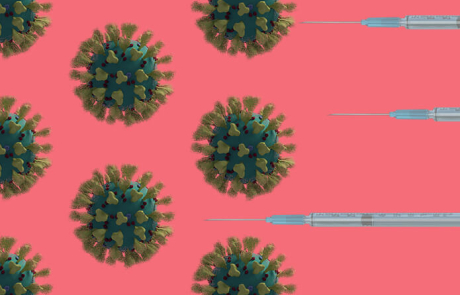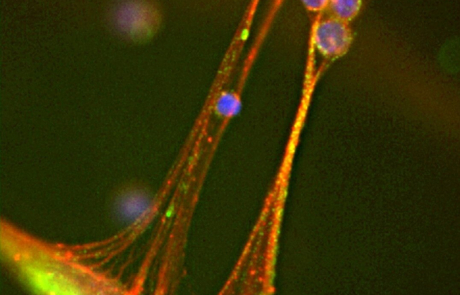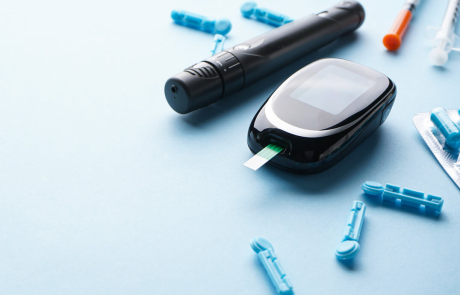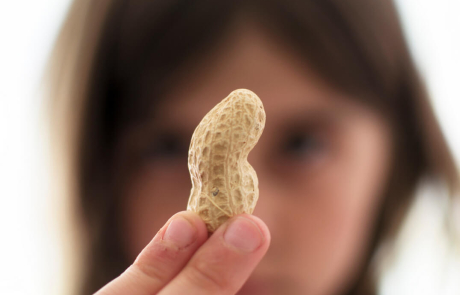
Weathering Uncertainty with Resilience
Read ArticleBlog Posts focused on: Lab Cerosaletti; Karen Cerosaletti, PhD

Exploring Alpha: Deep Dive into T Cells Unveils Possible Driver of T1D
A team led by Peter Linsley, PhD, and Karen Cerosaletti, PhD, recently uncovered a clue that could help solve the mystery of why and how T1D starts and maybe even open the door to new therapies that stop the disease.

Understanding EOE: New Studies Shed Light on Complex Condition
Eosinophilic esophagitis (EOE), a rare immune system condition that’s connected to food allergies and causes serious inflammation in the esophagus. A BRI research team, led by Karen Cerosaletti, PhD, and Steven Ziegler, PhD, launched a study asking some key questions about EOE.

Volunteering in a COVID-19 Vaccine Trial: BRI Team Members Share Their Experience
Without clinical research participants, we might not have groundbreaking cancer treatments like immunotherapy or vaccines for polio, rubella and other life-threatening diseases.

Aiming for Better Lupus Treatments
Veterans and military members, especially women of color, are more likely to have lupus than the general public — possibly because they’re exposed to toxic chemicals, stress and PTSD. That’s why the U.S.

Discovering a New 'Attacker' Cell in Diabetes
Principal Investigator Karen Cerosaletti, PhD, and colleagues have applied single-cell science to better understand type 1 diabetes with some surprising and significant findings.

Mystery Of Multiple Autoimmune Diseases
Lauren Lippincott is not yet 35 years old, yet she lives with five autoimmune diseases. She’s not alone. About 25 percent of people with autoimmune diseases have a tendency to develop additional autoimmune diseases.

Critical Discovery in Peanut Allergy
Scientists at Benaroya Research Institute recently discovered a critical pathway in peanut allergy that may extend to other food allergies.

Unraveling Insulin Mystery in Diabetes
Researchers have found at the time of diagnosis with type 1 diabetes that many people continue to produce small amounts of insulin.


